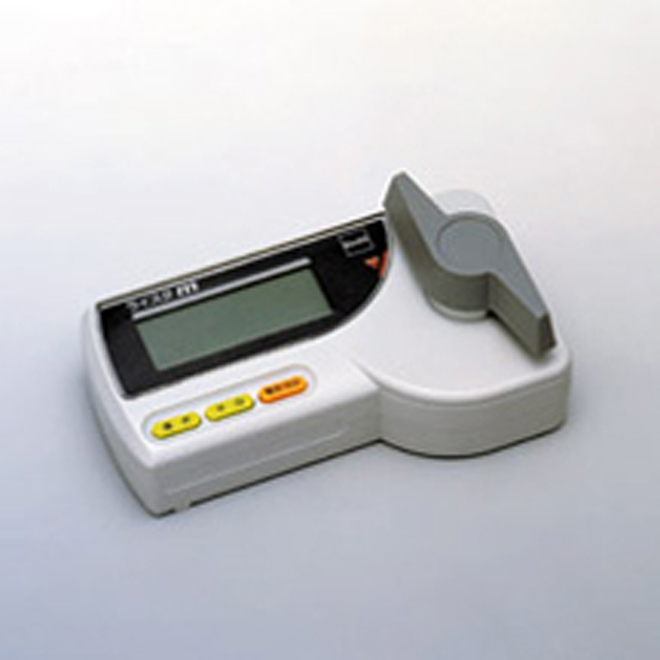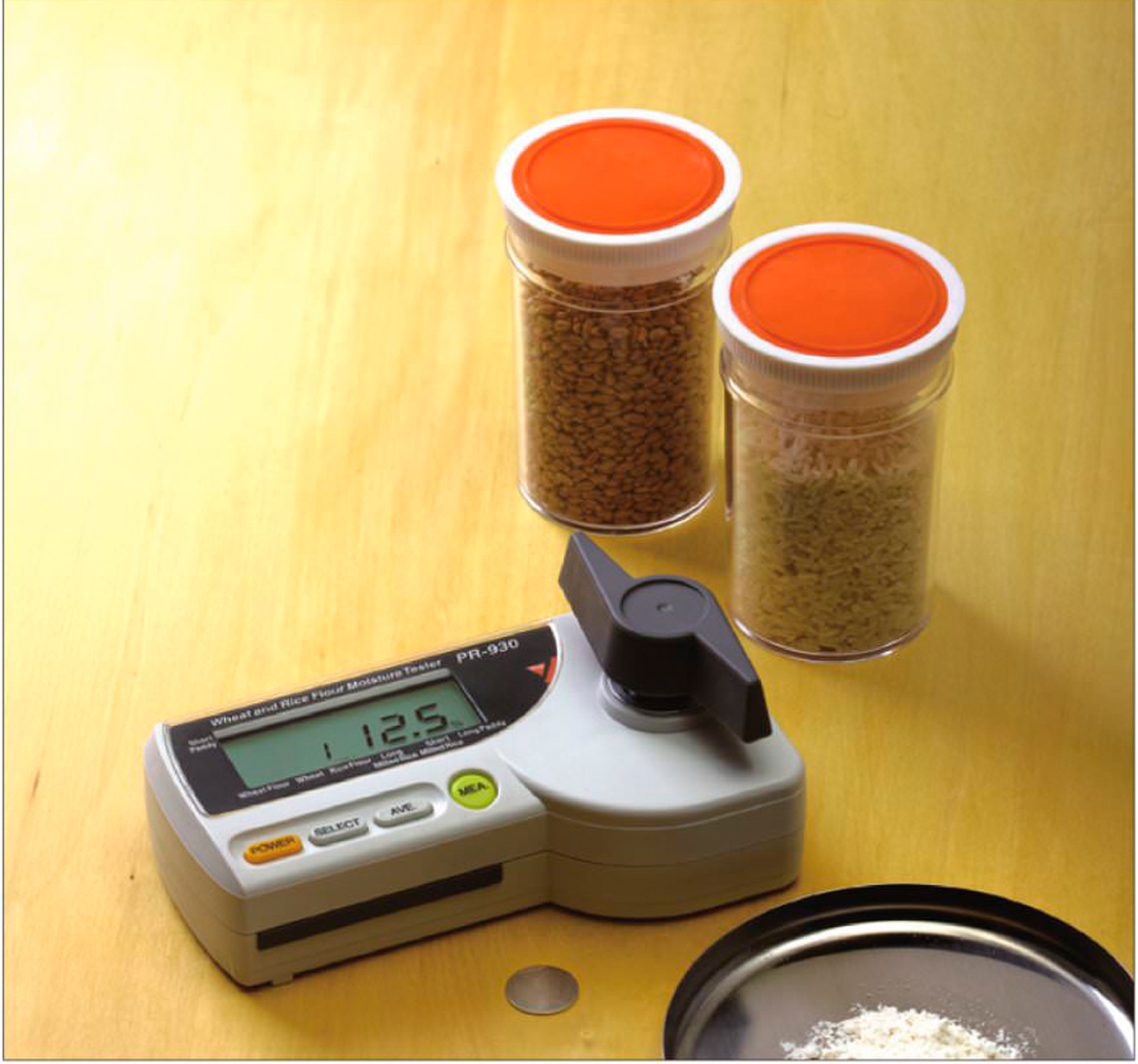Why Every Property Owner Needs a Moisture Meter: Key Benefits and Attributes
Why Every Property Owner Needs a Moisture Meter: Key Benefits and Attributes
Blog Article
The Ultimate Guide to Moisture Meters: A Comprehensive Review and Exactly How They Can Conserve You Money
In the world of building upkeep, building and construction, and various industries, the value of accurately measuring wetness degrees can not be overemphasized. Wetness meters act as indispensable tools in identifying and checking moisture material in materials, helping in preventing costly damages and ensuring the top quality of products. Comprehending the nuances of various types of moisture meters, their applications, and the possible cost-saving benefits they supply can be a game-changer for specialists and companies alike. Discovering exactly how these devices can not just simplify processes however also contribute to financial savings is a trip worth getting started on.
Sorts Of Moisture Meters
Numerous kinds of moisture meters are offered for various applications in different sectors. One typical type is the pin-type wetness meter, which gauges the electrical resistance in between two pins placed into a product. This kind is suitable for timber, drywall, and various other building products. Pinless moisture meters, on the other hand, usage electromagnetic sensor plates to check a bigger location without causing damages to the product's surface area. These meters are suitable for rapidly analyzing moisture levels in huge locations such as floors and walls.
Furthermore, there are also specialized dampness meters designed for particular materials like soil, grain, or hay. These meters provide accurate wetness readings customized to the one-of-a-kind homes of the product being checked. Infrared dampness meters gauge the thermal buildings of a product to establish its moisture content non-invasively, making them useful for applications where pin or pinless meters might not be appropriate. Comprehending the different kinds of moisture meters offered can help industries choose one of the most appropriate device for their certain dampness dimension demands.

Benefits of Making Use Of Moisture Meters

In addition, using moisture meters can result in boosted power performance. By recognizing locations with high moisture levels, such as leaks or poor insulation, modifications can be made to enhance power conservation and decrease utility expenses. In farming setups, wetness meters play an essential role in maximizing plant returns by enabling farmers to monitor soil moisture levels and make informed irrigation choices. Overall, the advantages of utilizing wetness meters cover across different markets, offering affordable services and advertising better quality assurance practices.
Exactly How to Choose the Right Moisture Meter
Picking the proper wetness meter involves considering vital aspects such as material compatibility, dimension variety, and calibration accuracy. When picking a wetness meter, it's necessary to ensure that the meter appropriates for the particular product you will certainly be testing. Various materials have differing electrical residential or commercial properties that can affect dampness readings, so picking a meter developed for your product is vital for accurate outcomes. Additionally, take into consideration the measurement series of the wetness meter. Ensure that the meter can find moisture degrees within the range needed for your applications. Calibration accuracy is one more critical element to maintain in mind (Moisture Meter). Select a dampness meter with trusted calibration to guarantee constant and specific analyses. Some meters may need routine calibration adjustments, so recognizing the calibration procedure is essential. By carefully examining these factors, you can choose a wetness meter that meets your demands and offers exact dampness measurements for your projects.
Appropriate Methods for Moisture Meter Use
To ensure exact dampness readings and make best use of the efficiency of a moisture meter, using proper methods is necessary. When using a pin-type dampness meter, insert the pins or probes right into the material being examined until they make complete call. By following these correct techniques, individuals can count on their wetness meter to provide credible moisture levels, assisting in avoiding try here pricey damage or ensuring high quality in numerous applications.

Expense Cost Savings Through Moisture Meter Applications
Just how can the tactical application of wetness meters bring about significant price savings across numerous industries? Wetness meters play an essential function in price financial savings by protecting against prospective damage and making sure top quality control in different markets. In the agriculture industry, wetness meters help in determining the optimal time for gathering plants, preventing excess or over-drying moisture that can impact the final item's top quality. This specific monitoring assists farmers prevent unneeded losses and maximize their return.

Moreover, in the food processing market, wetness meters are vital for keeping an eye on item top quality and making certain compliance with safety regulations. By accurately measuring dampness material in food items, makers can stop putridity, maintain freshness, and lower waste, causing considerable expense savings. In general, the tactical application of moisture meters is a beneficial financial investment that can result in substantial price decreases and enhanced efficiency throughout different markets.
Conclusion
In verdict, wetness meters are important tools for identifying and gauging dampness levels in numerous products. By utilizing the appropriate wetness meter and following correct methods, customers can successfully prevent pricey damages created by excess wetness. Spending in a quality dampness meter can bring about substantial expense financial savings in the future by recognizing prospective concerns at an early stage and enabling prompt remediation. Inevitably, moisture meters are crucial instruments for keeping the integrity and longevity of materials and frameworks.
Moisture meters serve as crucial tools in discovering and checking moisture content in materials, helping in protecting against costly damages and guaranteeing the top quality of items. Infrared dampness meters measure the thermal residential properties of a product to establish its dampness web content non-invasively, making them useful for applications where pin or pinless meters may not be suitable.Wetness meters provide vital benefits original site in properly checking and analyzing moisture degrees in varied products and atmospheres. In agricultural settings, moisture meters play an essential role in additional reading maximizing plant returns by making it possible for farmers to check dirt wetness degrees and make notified irrigation decisions.In verdict, moisture meters are useful devices for detecting and measuring wetness levels in various products.
Report this page